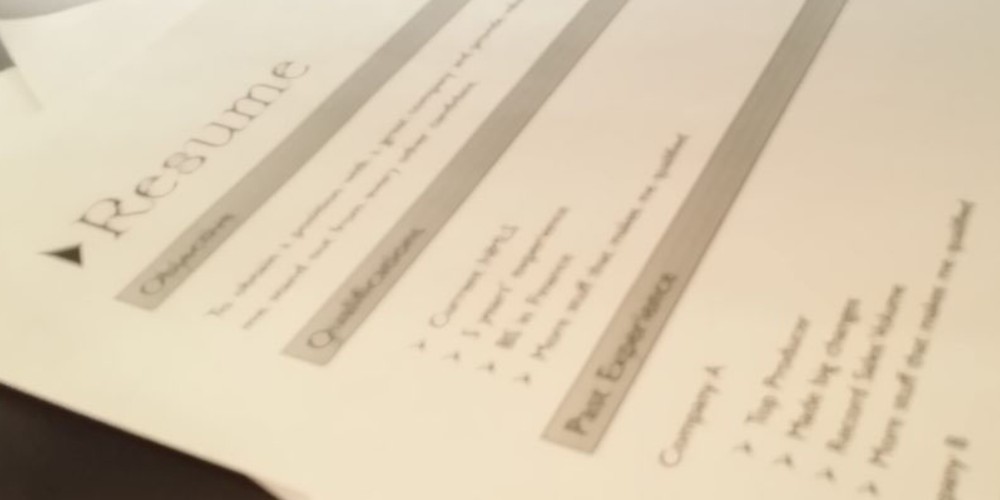This is the second and final part of our series on how to write a better resume.
Our previous blog discussed using correct punctuation and the active voice, as well as not using adjectives and adverbs indiscriminately.
In this post, we present some more basic, but oft-ignored, tips for good resume writing.
4. Spell correctly and use the right words Fewer things are more annoying to a hiring manager than a resume littered with misspellings and grammatical and punctuation errors.
Take a look at the examples below: Made Outbound. Calls when necesary to obtain additional information from either a member or a provider.
Wrong Made outbound calls when necessary to obtain additional information from either a member or a provider.
Right Introduction of the new reporting tool affected a sweeping change in management's attitude toward employees.
Wrong Introduction of the new reporting tool effected a sweeping change in management's attitude toward employees.
Right Here's something truly comical:I received a plague for my volunteer service to the quake-hit people in Haiti.
To err is human, but to misspell on a resume is ignorant at best and damaging at worst. It screams to the employer that you are careless and chances are high that the hiring manager or recruiter will hit delete before they get to your exiting skills!
5. Maintain consistency in letter casing The first letters of words in positions, job roles and responsibilities needn't be capitalized unless they start a sentence or are used in titles and section headings. If you prefer to capitalize those first letters, a useful rule of thumb is to do it consistently so that Project Manager at the top of your resume doesn't end up as Project manager, project manager or project Manager somewhere else. Unlike some of the previously mentioned language faux pas, this one isn't as likely to kill your chances, but why take the chance!
6. Refrain from including hobbies and personal interests unless they are relevant to the job you're applying for A long time ago, the rule of thumb for resume writers was to include hobbies. We still see that on occasion so we'd like to state that the practice is passé. Resumes are meant to showcase your ability to perform the job for which you're applying. Now, if a hobby can do that, by all means list it. Saying that you paint and write poetry might add a new dimension to your abilities if you're applying for a position in advertising. Similarly, mentioning on your resume that you coach a Little League team will mean something to the hiring manager if you're applying for an Athletic Trainer position.
In two articles we've shared six language tips for writing better resumes. Do you have a few more on your mind? Do you want to ask us a question about resume writing? Let us know!

